Delaware does not have any laws that establish optician training, certification, or licensing requirements. Generally, optical employers in the state of Delaware establish their own expectations for potential optician hires. It is common for employers to arrange for new opticians to be trained by experienced opticians who have been working in the same office for a decent period of time. These senior opticians understand the details of how to perform a variety of tasks and are qualified to instruct new opticians.
The exact nature of what an optician will be doing depends on the type of employer. Large optical businesses commonly have opticians focus primarily on retail sales and minor frame adjustments; whereas, small optical businesses may have a much broader range of expectations. While certification is not required by the state of Delaware, some employers will actively encourage their opticians to voluntarily pursue certification through the American Board of Opticianry (ABO) and the National Contact Lens Examiners (NCLE). They may even offer to pay the associated exam fees and reimburse for any study materials that need to be purchased.
There are some important benefits associated with official optician certification that all opticians should consider. One of the most appealing aspects of being credentialed is the fact that certified opticians generally enjoy higher salaries and better benefits. Certified opticians have demonstrated that they have a comprehensive understanding of the industry and require less training and support. They are able to perform a wider variety of tasks and can demonstrate to customers that they have met national standards for competence. Optical employers also know that they can use credentials as a marketing advantage over their competition to attract and retain customers. This can be a major asset to the business and can dramatically improve financial performance.
 Not only do certified opticians get paid more, but they are able to transfer their credentials between regulated and unregulated states. This gives certified opticians better access to more job opportunities throughout the country. Credentialed opticians are typically allowed to become licensed in regulated states through reciprocity; whereas, opticians who have not been certified may need to return to school, work as an apprentice, or complete the ABO and NCLE exams before being licensed.
Not only do certified opticians get paid more, but they are able to transfer their credentials between regulated and unregulated states. This gives certified opticians better access to more job opportunities throughout the country. Credentialed opticians are typically allowed to become licensed in regulated states through reciprocity; whereas, opticians who have not been certified may need to return to school, work as an apprentice, or complete the ABO and NCLE exams before being licensed.

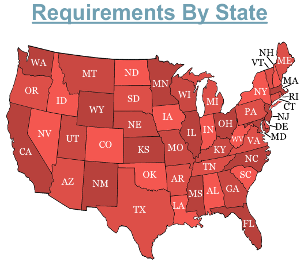

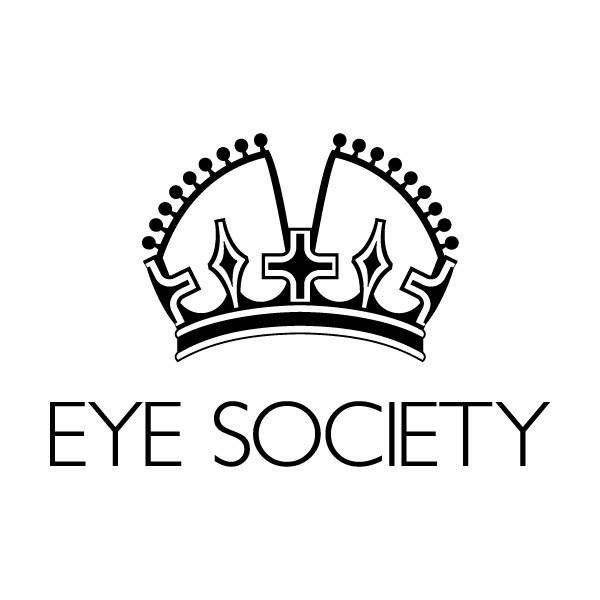

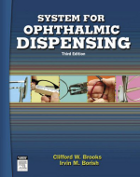
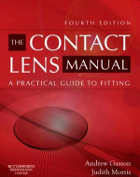
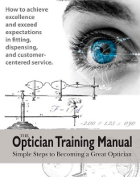

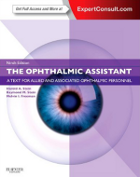
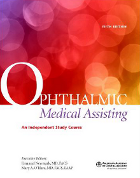
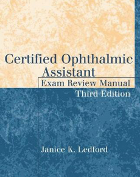
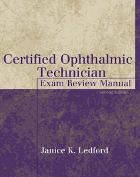
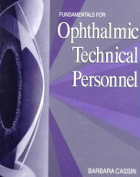
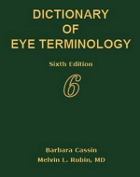
Please Leave Your Comment Below.